Tag Archive for: INTERMIN

INTERMIN project Final Review Meeting
The INTERMIN project held its Final Review Meeting with the EC…
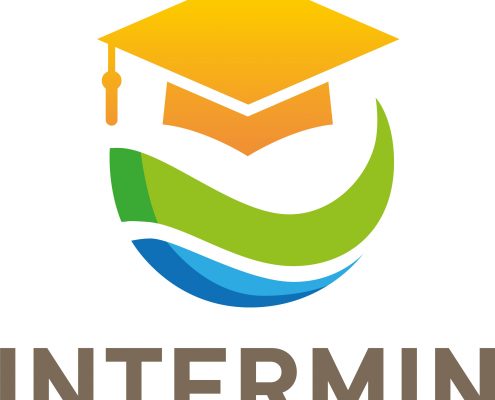
LPRC presents its work during INTERMIN’s Final Conference
The INTERMIN project held its Final Conference on the 22nd of…

LPRC contributes to the MOBI-US Training event – Part 1
The MOBI-US project has reached one more important milestone…
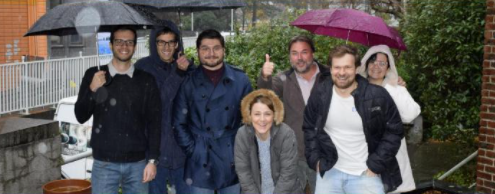
LPRC during 2020 – a summary
The past year was an atypical one, there is no denying it. Despite…
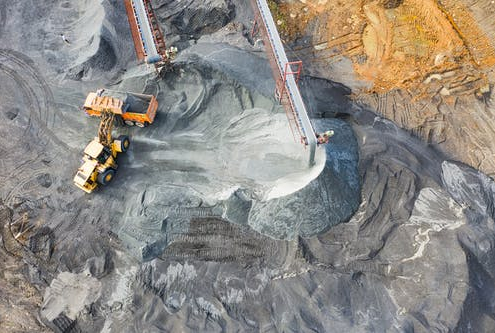
Final event of the SLIM project
On 27th October 2020 the SLIM project (www.slim-project.eu) held…
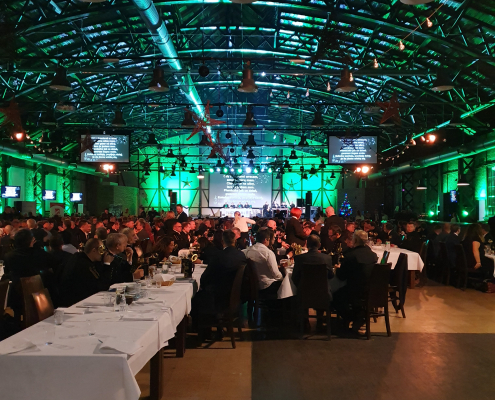
MIREU Workshop, Krakow
The MIREU Project is establishing a network of mining & metallurgy…
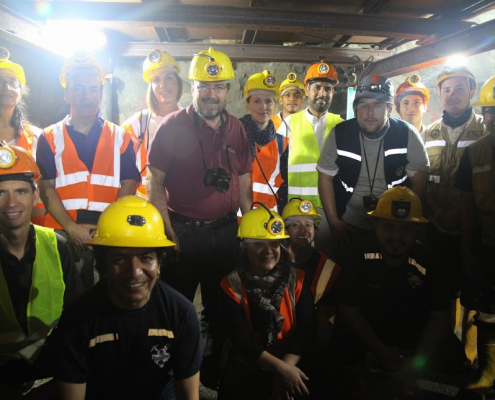
INTERMIN meeting, Ecuador
LPRC actively participated at the INTERMIN International Conference…
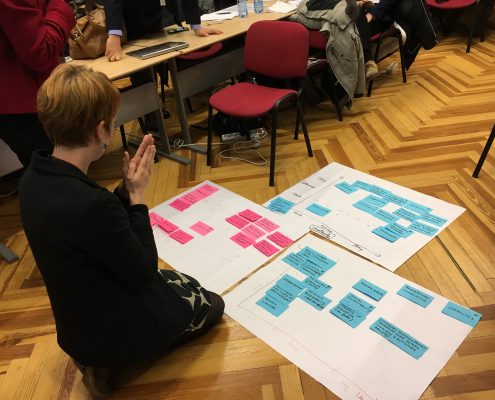
INTERMIN Consortium meeting
During the last two days of January, project partners and the…

INTERMIN questionnaire
Since February of this year, LPRC is part of the INTERMIN-Project…
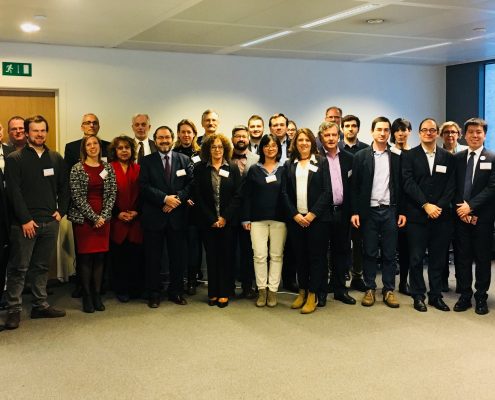
INTERMIN Kick off Meeting
Between the 13th and 15th of February, the INTERMIN (International…
